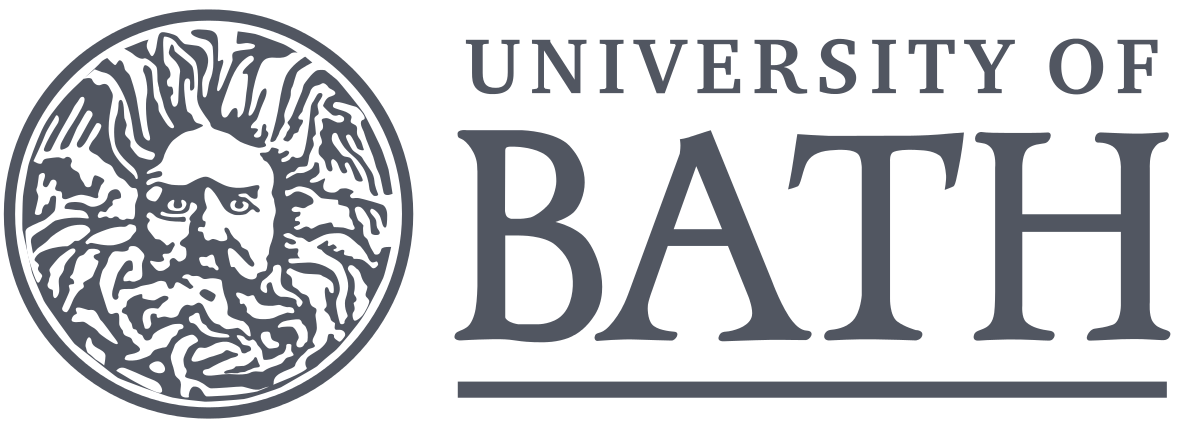Reasonable adjustments enable you to participate in the academic assessment process on a fair basis, and according to your preferences. Find out how to arrange reasonable adjustments that work for you.
Full articleInformation and Advice
2 Healthy living
This article focuses on the importance of healthy habits for wellbeing. The article provides useful tips and information regarding physical wellbeing, diet, responsible alcohol use, exercise and sleep.
Full article3 What is university really like?
It’s hard to know what university is like until you get there, and all universities are different. In some ways it’s easier to describe what university isn’t! Well, everyone says that it is not like school or college, or work, or home. So, what IS university really like? We aim to give you a realistic view, based on things students told us they wish they had known.
Full article4 Funding including Disabled Students’ Allowance
An overview of the funding and funded support available to you in your studies. Advice about how and when to apply for this support.
Full article5 What is the Study Needs Assessment?
The Study Needs Assessment is an important part of the process of claiming Disabled Students Allowance and getting support at university. This activity will explain what the Study Needs Assessment is, how it works and how to prepare for your appointment.
Full article6 Choosing a course and university
This article will help you decide what to study, and at which university. We provide practical tips on how to compare universities, how to prepare for open days and who to talk to at these events.
Full article7 What is Disabled Students Allowance?
Disabled Students Allowance (DSA) is a grant intended to cover the extra costs of having a disability, long-term illness, mental health condition, or specific learning difficulty such as an autistic spectrum condition, dyslexia or dyspraxia. This activity explains DSA, why it could be relevant to you and how to claim it.
Full article8 Applying to university
Find out more about applying to university generally, and about our University’s admission process.
Full article9 Choosing your accommodation
This article introduces typical accommodation options available and provides some tips for making the right choice for you.
Full article10 Telling people at university about your autism
Telling people about your autism at university is also known as ‘disclosure’ or ‘declaring a disability’. More information about what this means and why it might be important to you is available in this article.
Full article11 Telling the university about your autism
This article is around the issues of telling people about your autism at university – also known as ‘disclosure’ or ‘declaring a disability’.
Full article12 How to manage online exams
This section looks at how to manage online exams. This includes information about what to expect, how to prepare for an exam and practical tips to help you perform well.
Full article13 Talking about your autism
By talking about your autism and advocating for yourself, you make an important step towards feeling comfortable with others. This activity introduces the advantages of being open about your autism, and give some practical tips.
Full article14 Meeting people at university
Many students find meeting new people and making friends amongst the most exciting but also most difficult aspects of starting university. This activity should help you to get started.
Full article
15 What are lectures really like?
Lectures at university can be quite different from lessons at school and college, particularly when you are taught in a big group. This activity will help you to make the most out of lectures.
Full article16 What is group work really like?
Working in a group with other students is part and parcel of university study. Quite a few people worry about it, and some have real problems with it. This activity looks at the main issues people have with group work and gives you some practical tips for your own study.
Full article17 What are seminars really like?
Seminars provide an opportunity to explore topics by discussion, and to identify and resolve any questions that may arise after lectures. This section will look at how to prepare for a seminar, and what to expect from one.
Full article18 What are computer lab sessions really like?
On technical courses such as Computer Science, you will spend a lot of tutorial time in a computer lab. Whilst you’ll often focus on what you’re coding or designing, you may also take part in discussions and group tasks, like in a traditional seminar. Read this article to learn more about the nature of lab sessions.
Full article19 Managing conflict
Different people have different expectations and styles of working or living together. Sometimes that can lead to conflict. This article will help you recognise causes of conflict and proposes strategies to resolve it.
Full article20 What are assessments, and how do you survive them?
This section will look at different forms of assessment. It will give you some practical ideas on how to prepare for them, and how to get the most out of them.
Full article21 How to reduce anxiety and stress
It is normal to feel anxious when starting something new, like a university course, and everyone feels stress at difficult times of the year like exam periods or when there is a lot happening in their lives. It can sometimes be hard to relax. This activity is about helping you to manage these feelings and includes tips from other autistic students.
Full article
